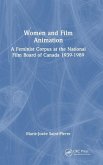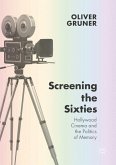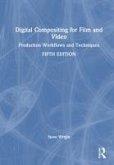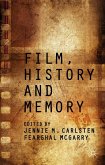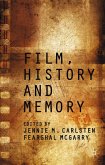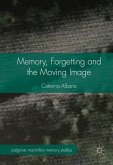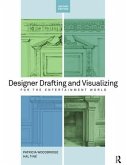"Though many archival digital objects were not "born digital," film archives are now becoming important resources for digital scholarship as a consequence of digitization. Moreover, with advancements in digital research methods involving video annotation, visual analysis, and GIS affecting the way we look at archival films' material, stylistic histories and circulation, new research practices are more important than ever. Visualizing Film History is an accessible introduction to archive-based digital scholarship in film and media studies and beyond. With a combined focus on the history of film historiography, archiving, and recent digital scholarship-covering a period from the "first wave" of film archiving in the early 1900s to recent data art-this book proposes ways to work critically with digitized archives and research methods. Christian Olesen encourages a shift towards new critical practices in the field with an in-depth assessment of and critical approach to doing film historiography with the latest digital tools and digitized archives. Olesen argues that if students, scholars and archivists are to fully realize the potential of emerging digital tools and methodologies, they must critically consider the roles that data analysis, visualization, interfaces and procedural human-machinery interactions play in producing knowledge in current film historical research. If we fail to do so, we risk losing our ability to critically navigate and renew contemporary research practices and evaluate the results of digital scholarship"--
Bitte wählen Sie Ihr Anliegen aus.
Rechnungen
Retourenschein anfordern
Bestellstatus
Storno


